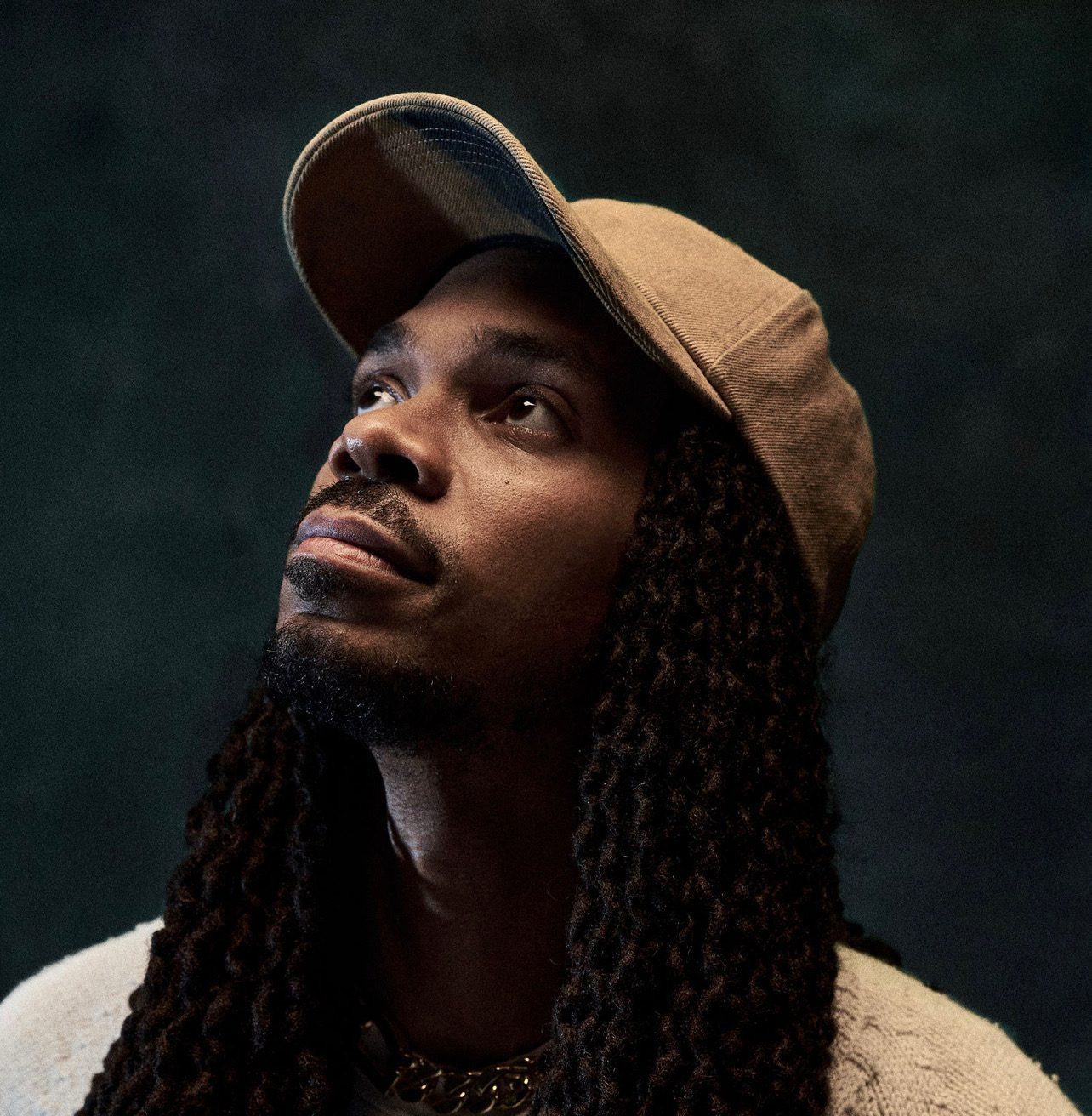The pandemic taught us all about grief. Nearly everyone was touched by COVID-19 in some way: Kids lost parents, friends lost friends, families grew smaller. Some, like producer and artist Erick the Architect, suffered more than others. Erick is a founding member of the Flatbush Zombies and earned multiple RIAA Gold Records as a producer and artist, but those accolade didn’t make him he immune from the losses we all endured. Several of his loved ones succumbed to the virus over the last two years, and as his sorrow compounded he started to turn his grieving inwards, his emotions going numb as he struggled to process the overwhelming pain of loss.
“Mentally after a while you just start to feel numb. And that’s a weird thing to feel when you’re supposed to have a reaction when people pass away, it’s not something you should ever feel comfortable with,” Erick says in the latest installment of the Sound Mind Unmasked video series. Each video in the Sound Mind Unmasked series features an artist sharing their mental health journey, opening up about the toll touring and recording can take. Unmasked is focused on as shining a light on free mental health resources available to everyone, as well as fostering an open dialogue about mental health for artists and audiences alike.
Erick had dealt with grief through music before, writing the pulsing paean to loss “Let It Go” shortly before the pandemic when he lost his mother. That experience helped him unlock a more honest engagement with himself and his emotions. He allowed himself to be honest, blasting through an emotional dam and releasing a wave of pent up feelings. He knows that cultural expectations often prevent men from expressing their emotions freely, and wants people to be freed from those “rules” that dictate how we express ourselves, especially in the midst of so much loss. “We’ve always needed each other,” he told Billboard. “There should always be great urgency to address trauma and depression, hoping that through that awareness we will begin a future of understanding the best ways to help one another.”





